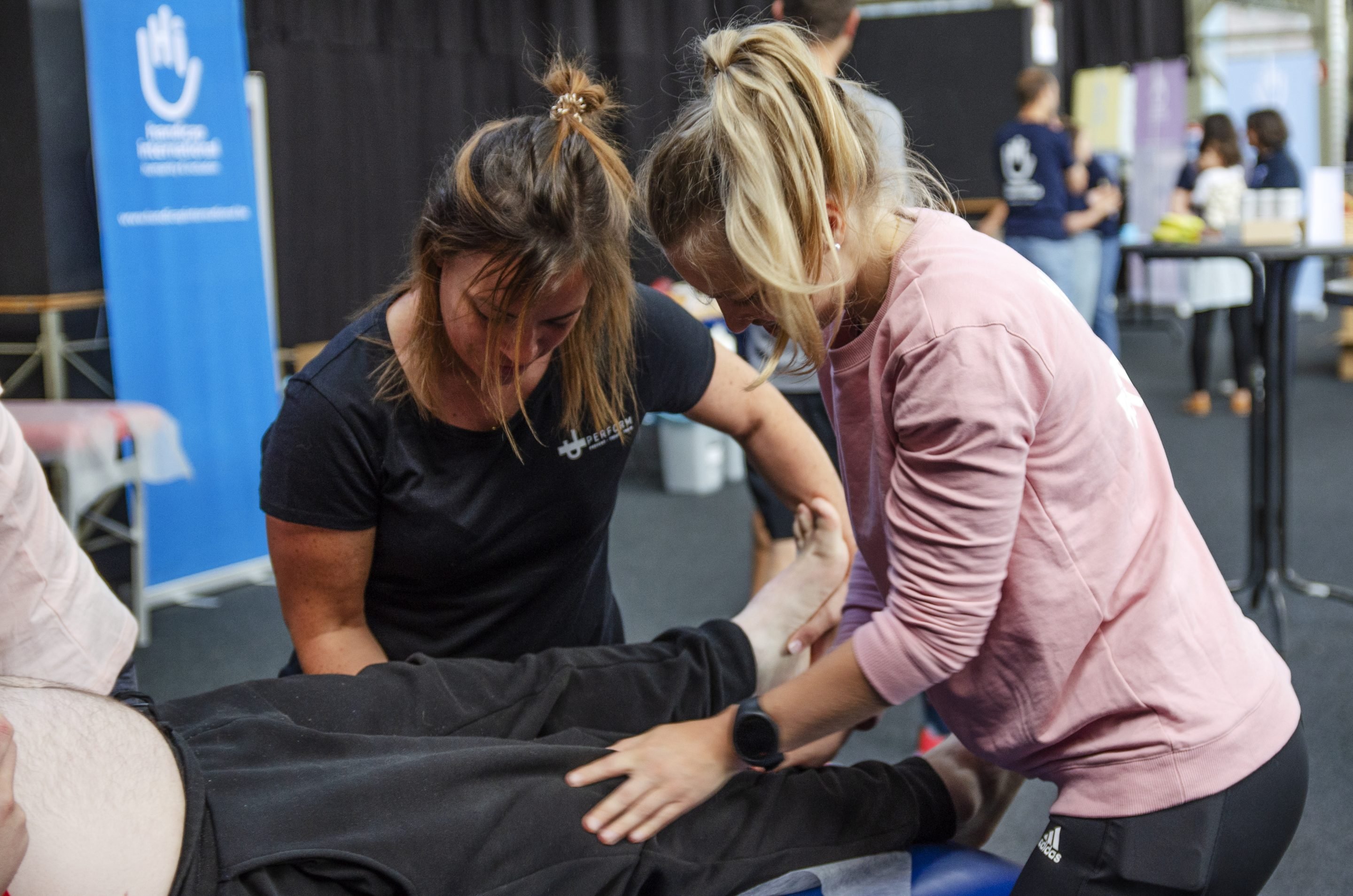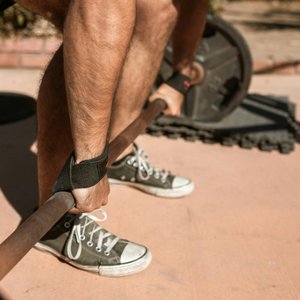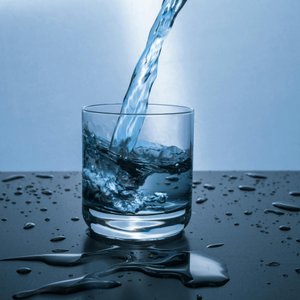Neurology
Neurology is a medical discipline related to the entire nervous system. This is separated into two: first, there is a central nervous system (CNS) made up of the brain, cerebellum, brainstem and spinal cord. He can be compared to the conductor of the body. Indeed, it is he who is responsible for almost all the movements, reactions, decisions of the body.
And second, there is the peripheral nervous system (PNS) which is a network of nerves transmitting information from the CNS to the rest of the body.
And second, there is the peripheral nervous system (PNS) which is a network of nerves transmitting information from the CNS to the rest of the body.
Neurological physiotherapy
Neurological physiotherapy treats pathologies affecting the central or peripheral nervous system. The aim of the treatment is, depending on the pathology, to maintain or improve functional activities (such as independence, walking, balance, coordination, dexterity, etc.) by stimulating the patient as much as possible. Specific objectives are set following an assessment of the needs and difficulties encountered in everyday life.
This branch of physiotherapy is for people with neurological conditions such as cerebrovascular accident (CVA), head trauma, neurological surgery, neurodegenerative diseases (multiple sclerosis, Parkinson's disease, etc.), neuropediatrics (children with cerebral palsy (CMI)).
This branch of physiotherapy is for people with neurological conditions such as cerebrovascular accident (CVA), head trauma, neurological surgery, neurodegenerative diseases (multiple sclerosis, Parkinson's disease, etc.), neuropediatrics (children with cerebral palsy (CMI)).
Plasticity
Throughout our lives, the brain undergoes functional and physiological changes due to brain plasticity. Obviously, this remodeling potential is more effective in children, but it is still very present in adults. This phenomenon makes it possible to learn new tasks which, as the repetition and training progresses, will seem more fluid, easier until the movement is automated. Typically, the first time you played tennis, rode a bicycle or played an instrument, it required a lot of concentration, whereas now you may not even have to think about what you are doing.
Physiotherapy treatment
During a brain injury (people who have had a stroke, cerebral palsy (CMI), head trauma, etc.), brain plasticity allows a reorganization of the intact structures in order to help the injured structures. For this, neurological rehabilitation offers progressive training with repetition, intensity, specific exercises to boost brain plasticity and improve certain motor functions of the patient over time.
In the case of neuro-degenerative diseases (Parkinson, Multiple Sclerosis, etc.), we will try to link the stimulation of cerebral plasticity with a neuro-protective effect. Indeed, physical activity will make it possible to slow down structural decline by preserving neuronal integrity.
In the case of neuro-degenerative diseases (Parkinson, Multiple Sclerosis, etc.), we will try to link the stimulation of cerebral plasticity with a neuro-protective effect. Indeed, physical activity will make it possible to slow down structural decline by preserving neuronal integrity.
Our other services
Accompanying seniors
Digital healthcare
General medicine
Health & Performance Packs
Isokinetics
LAB performance
Mental preparation
Nutrition
Ondes de choc
Online coaching
Osteopathy
Pediatrics
Perineology
Personal Training
Physiotherapy
Podiatry
Pre/Post-partum
Psychology
Running coaching
Samples – blood test
Sleep consultancy
Sport Massage
Sport medicine
Sports Performance
Sports Physiotherapy
Team management
Uperform HappyWork
Welfare
News





